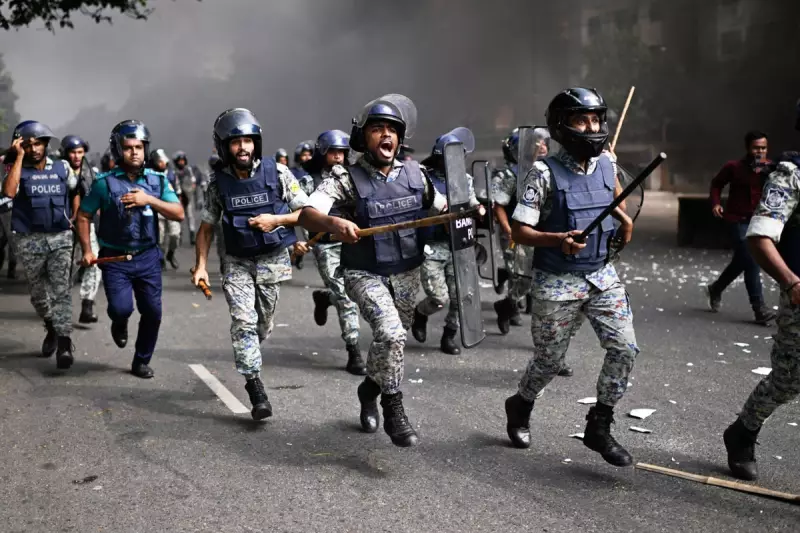
In a move that has sent shockwaves through international circles, Bangladeshi authorities have initiated fresh legal proceedings against Muhammad Yunus, the celebrated Nobel Peace Prize recipient and pioneering microfinance entrepreneur.
Escalating Political Conflict
The latest development marks a significant escalation in the long-standing conflict between Prime Minister Sheikh Hasina's administration and the 83-year-old economist. According to the Anti-Corruption Commission, Yunus and thirteen colleagues from Grameen Telecom face allegations of embezzling approximately 250 million taka (£1.8 million) from employee benefits.
"This appears to be part of a systematic campaign to discredit and silence one of Bangladesh's most prominent international figures," noted a human rights observer familiar with the situation.
International Outcry Grows
The timing of these charges has raised eyebrows globally, coming shortly after Hasina secured her fourth consecutive term in elections that opposition parties largely boycotted. World leaders and human rights organisations have expressed mounting concern about the state of democracy in Bangladesh.
Nobel laureates from across the globe, including Professor Yunus's fellow peace prize recipients, have united in condemnation of what they describe as "judicial harassment" and "continuous judicial harassment" of the microcredit pioneer.
A Pattern of Persecution
This isn't the first legal challenge Yunus has faced from the current administration. The economist previously received a six-month prison sentence in January for separate labour law violations, though he remains free on bail pending appeal.
Prime Minister Hasina has been notably vocal in her criticism of Yunus, publicly accusing him of "sucking blood from the poor" – a stark contrast to the international acclaim he has received for his poverty-alleviation efforts through Grameen Bank.
What Happens Next?
Legal experts suggest the accumulating cases against Yunus represent a concerning trend for democratic institutions in Bangladesh. With international pressure mounting and the country's political landscape increasingly polarised, the world watches closely as this dramatic confrontation between political power and civil society continues to unfold.
The outcome could have significant implications not only for Yunus and his associates but for the future of human rights and democratic freedoms throughout South Asia.





